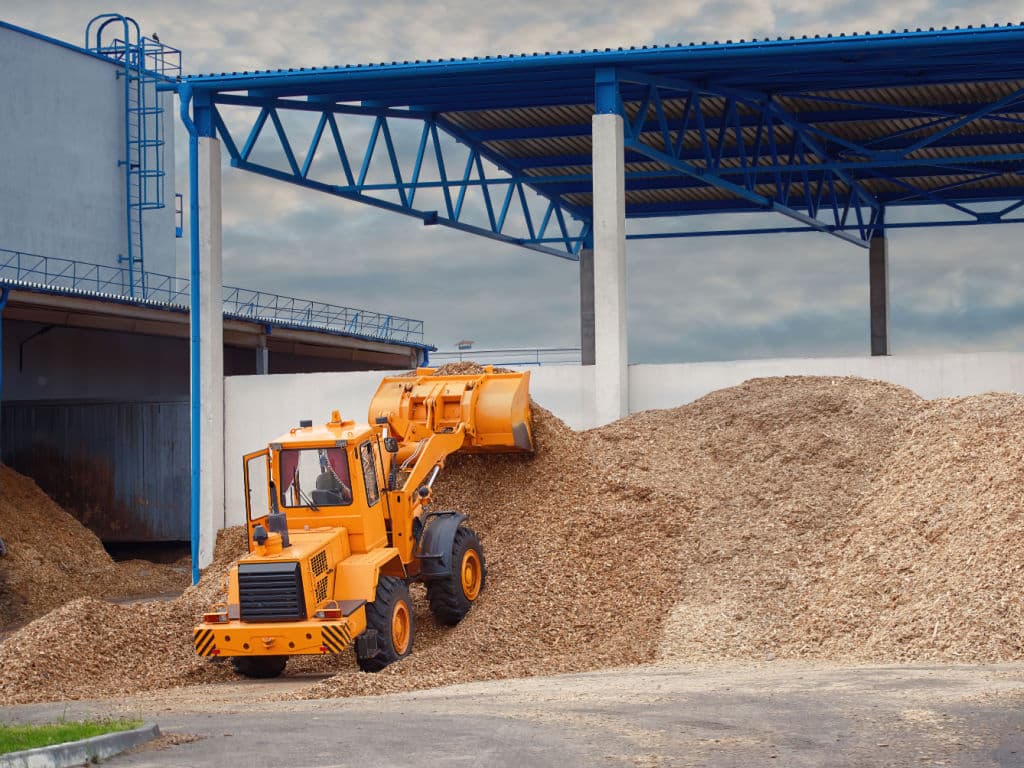The export of biomass waste will now be regulated in Togo. On April 6, 2023, the Ministry of Commerce, Industry and Local Consumption announced a new measure. The interministerial decree N° 011/MCICL/MEF/MERF/MDEM of March 15, 2023 stipulates that the export of biomass waste will henceforth be subject to a prior authorization from the Togolese Ministry in charge of Trade.
Read Also – AFRICA: the circular economy, an ally for the ecological transition
This includes waste from wood processing industries (chips, branches, leaves, sawdust), agricultural plant waste (bark, nut shells, cotton, straw, stalks, leaves) and food waste (fruit and vegetable remains, kitchen and fish waste). “Any violator of this measure will be subject to the penalties provided for in the texts in force,” said the Togolese Ministry of Trade in its statement.
Taking advantage of its biomass potential
By regulating the export of biomass waste in Togo, the government wants to limit the uncontrolled distribution of what it now considers to be wealth. According to the Regional Center for Renewable Energy and Energy Efficiency (RCREEE), the biomass potential in this West African country is 2.2 million tons per year.
The Togolese government is counting on this resource to improve its electricity production. Its ambition is to achieve 100% access to electricity, with 50% of energy produced from renewable sources by 2030. With this in mind, the Togo Renewable Energy Development Program (PDERT) was launched in July 2020.
Among other initiatives, the program focuses on the construction of a reference laboratory on biogas in the West African Centre for Scientific Services on Climate Change and Adapted Land Use (Wascal) of the University of Lomé. The future laboratory will allow the development of research capacities and the demonstration of innovative biogas manufacturing technologies. This structure will also contribute to the development and adoption of improved cookstoves from Germany, as the Togolese authorities are financially supported by the German Federal Ministry of Education and Research (BMBF) for this project.
The waste-to-energy biogas project underway in Kloto, in the Plateaux region, will also support the Togolese government’s approach. The Canadian company Biothermica Technologies will carry out the work, which will reduce emissions by 260,000 tons of CO2 by 2030. The project is expected to provide a sustainable solution to the problem of waste pollution in Kloto.
Inès Magoum
